The Price Control (Essential Goods) Amendment Bill 2024 seeks to regulate the prices of essential commodities in order to secure their availability at reasonable prices for all Kenyans especially the low-income earners.
The Bill tabled before the National Assembly will allow the National Treasury Cabinet by order in the Gazette to fix the minimum and the maximum retail and wholesale prices for the following essential goods: maize, maize flour, wheat, wheat flour, rice, cooking fat (or oil), sugar; and prescribed pharmaceutical drugs.
“The enactment of this law will also ensure that Kenyans are protected from exploitative and unscrupulous businesspersons,” reads part of the Bill.
Treasury CS will also be free to declare any goods to be essential commodities and determine the minimum and maximum prices of the commodities in consultation with the industry by order in the Gazette from time to time.

Besides, the CS will also have the power to determine the category of persons to whom the minimum maximum prices commodities shall apply to.
How the Bill will Regulate Prices
If approved by the MPs, the Bill will prevent essential goods and services from becoming unaffordable to the public.
It will also stabilize prices of essential goods in order to ensure that the cost of living remains manageable for the public.
The Bill also aims to prevent sudden variations in the price of essential goods that may lead to a decrease in purchasing power and a decline in overall consumer welfare.
Additionally, it will prevent market actors such as monopolies and oligopolies from exploiting their dominant position to artificially inflate prices and take advantage of consumers’ lack of alternatives.
Also Read: Inside Supplementary Bill 2024 Assented by Ruto – Reductions and Allocations
It will also guarantee access to crucial goods during times of crisis such as natural disasters or public health emergencies; and contribute to social stability and mitigate the effects of economic inequality.
The CS will designate a section or department within the Treasury for the purposes of monitoring and enforcement of price controls proposed under the Act.
The Unit will be headed by a Director of Price Control appointed by the Cabinet Secretary and published by notice in the Gazette.
Functions of the Price Control Unit
The Unit will enforce and implement price control directives by the CS and monitor compliance with prescribed maximum and minimum prices of essential commodities.
It will also monitor the prices of essential commodities and services to identify any significant fluctuations or abnormal price increases.
Further, the Unit will collect and analyze data from various markets to assess the overall pricing trends and market dynamics.
Also Read: Kenya Submits New Economic Plan to IMF After Fall of Finance Bill
It will also collaborate with other regulatory agencies to enforce existing competition law and prevent market manipulation.
“Make recommendations to the government based on the analysis of market trends, consumer needs, and the impact of price controls and engage with various stakeholders, including producers, retailers, consumer groups, and other government agencies, to gather feedback, address concerns, and foster cooperation in implementing effective price control measures,” reads part of the Bill.
The Unit will also educate the public about price control policies, their importance, and the implications for consumers and businesses.
It will also maintain comprehensive data on price fluctuations, market trends, and the impact of price control policies; and prepare quarterly reports for outlining the effectiveness of price control measures and suggesting potential adjustments or improvements.
Follow our WhatsApp Channel for real-time news updates!
https://whatsapp.com/channel/0029VaB3k54HltYFiQ1f2i2C




![Debate Rages Over Proposed Increase In Legal Drinking Age [Video] Nacada Raises Legal Drinking Age From 18 To 21]( https://thekenyatimescdn-ese7d3e7ghdnbfa9.z01.azurefd.net/prodimages/uploads/2025/07/beer-360x180.jpg)


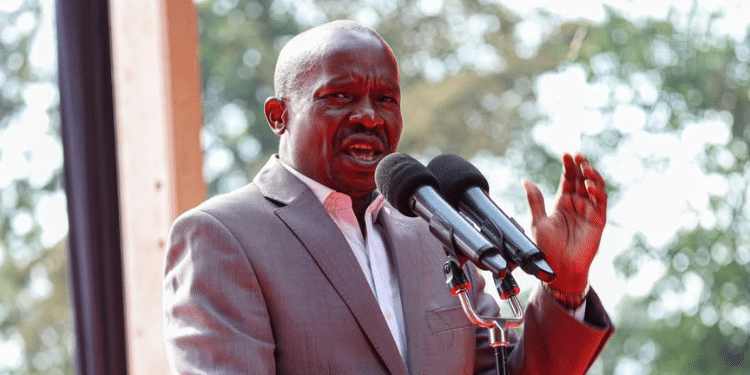

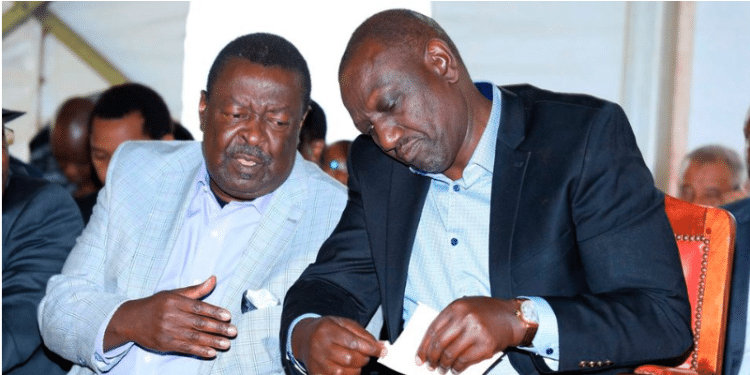
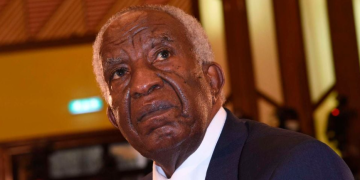







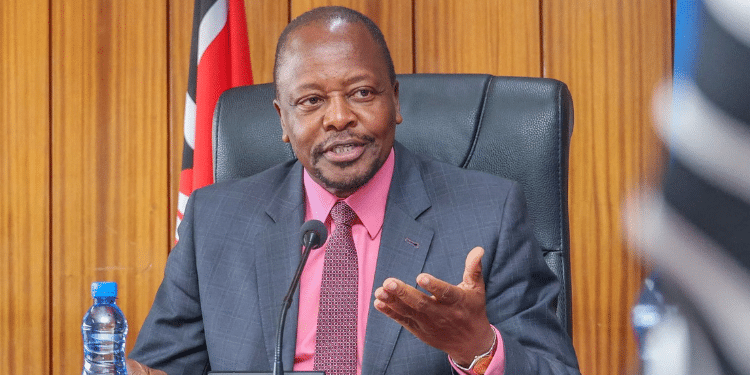














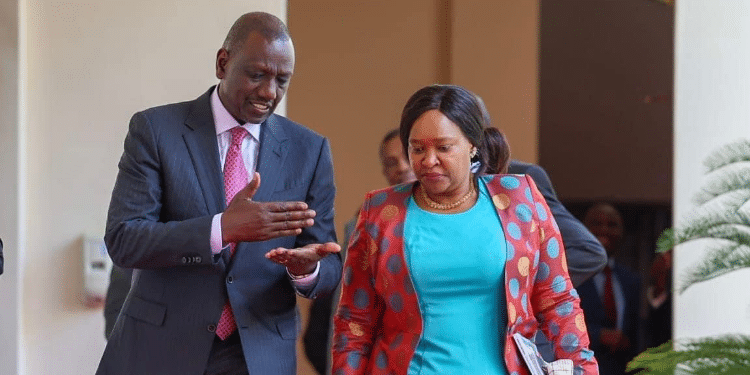






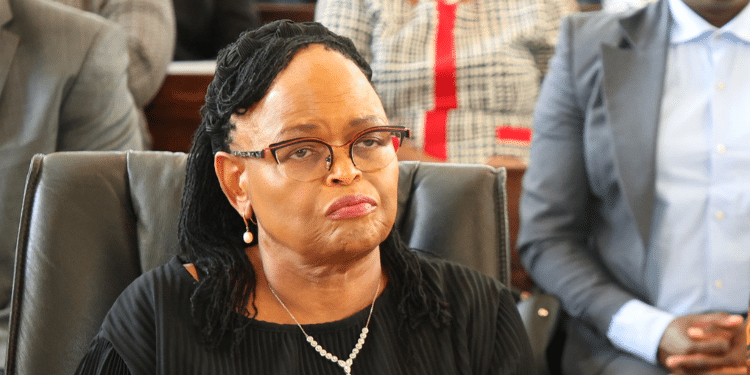





























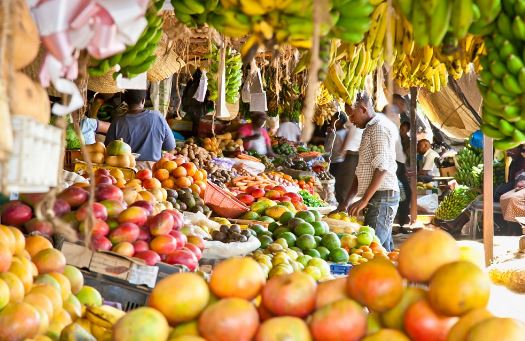

![Debate Rages Over Proposed Increase In Legal Drinking Age [Video] Nacada Raises Legal Drinking Age From 18 To 21]( https://thekenyatimescdn-ese7d3e7ghdnbfa9.z01.azurefd.net/prodimages/uploads/2025/07/beer-120x86.jpg)